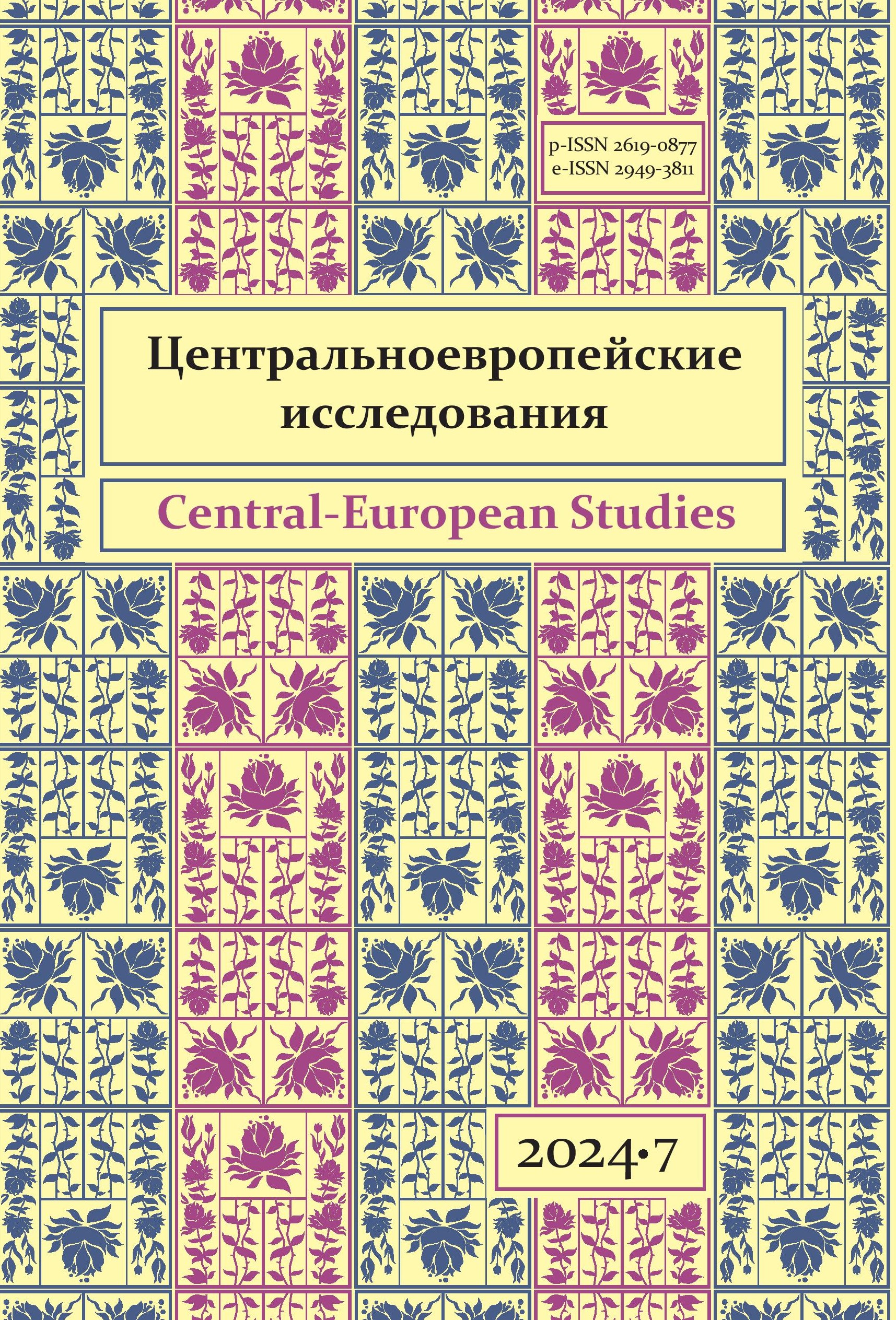National and European Components in the Concept of Sovereignty in the EU Countries:
Political Discourse in Contemporary Greece
DOI:
https://doi.org/10.31168/2619-0877.2024.7.13Keywords:
Greek-Turkish relations, Aegean dispute, Cyprus issue, European Union, financial and economic crisis in Greece, Euro crisis, European sovereignty, European identityAbstract
The two-hundred-year long history of the independent Greek is intrinsically connected to the history of Europe as a whole. Contemporary Greek national identity has a pronounced European element. On the other hand, independent Greece has, throughout its history, been consistently influenced by the great powers (both European powers and the USA), which to some extent determined the course of its foreign and domestic policies. Membership in the EU does require a country to transfer part of its sovereignty to the transnational organisation. This issue has been drawing the attention of both politicians and researchers since the beginning of European integration. In Greece it became an especially prominent part of the political discourse in 2010, with the advent of the financial and economic crisis. For several years, the Greek economy and financial policies were put under control of the “troika” of external creditors — the European Commission, the European Central Bank and the International Monetary Fund, severely limiting national sovereignty and leading to a rise in popular scepticism towards the idea of European integration. The Greek crisis revealed an imbalance within the Eurozone, with economically more powerful countries easily influencing less powerful ones by using the political tools of the EU, despite nominally being equal partners within the Union. This core-periphery asymmetry made the European integration a tool, and the EU itself an arena, for expanding the influence of economically powerful states (for example, Germany). The sovereignty of more and less powerful countries was not treated in the same way, which by itself made the integration process more difficult. The situation led to, among other consequences, a re-examination of Greek relations with the EU and the limits it had put on the country’s sovereignty in Greek political discourse, including the emerging notion of Greece becoming a “debt colony” of Europe. The tension between Greece and Turkey, as well as the Balkan vector of Greek foreign policy, can be productively examined through the lens of Greek participation in the European integration project, which can reveal the interrelation of the national and European components in the Greek concept of sovereignty.



